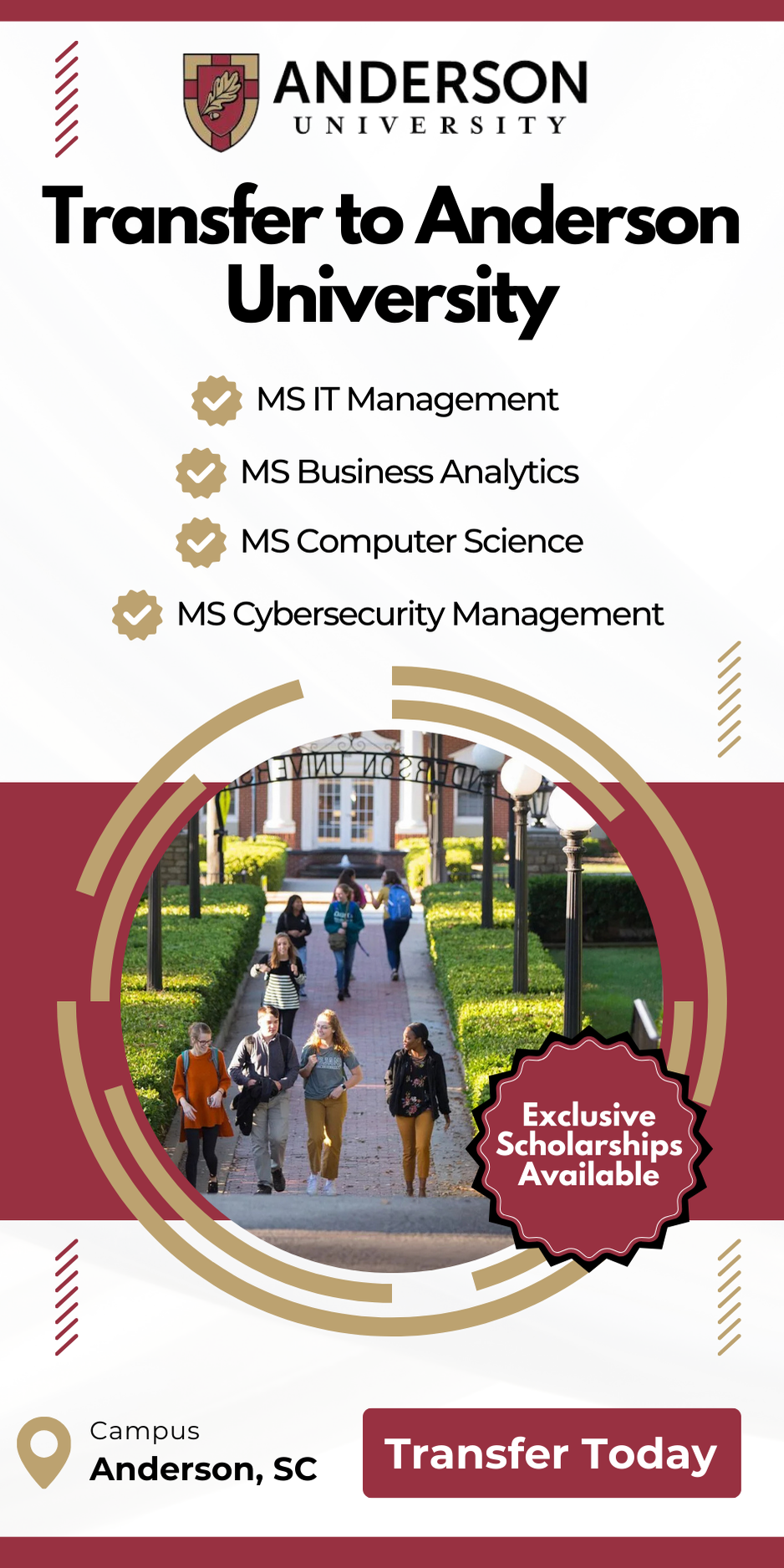Overview
In January 2025, the U.S. Citizenship and Immigration Services (USCIS) updated its policy guidance, introducing more stringent criteria for National Interest Waiver (NIW) applications under the EB-2 employment-based visa category. This move aims to refine the selection process, ensuring that only applicants whose work significantly benefits the United States qualify for the waiver.
Key Changes in NIW Application Standards:
- Enhanced Verification of Qualifications:
- USCIS will implement stricter measures to verify applicants’ educational credentials, professional experience, and supporting documentation.
- Emphasis on STEM Professionals:
- The updated guidelines focus on professionals in Science, Technology, Engineering, and Mathematics (STEM) fields, particularly those with Ph.D. degrees, recognizing their potential contributions to U.S. competitiveness and national security.
- Clarification of National Importance:
- USCIS has clarified the criteria for assessing the national importance of an applicant’s proposed work, emphasizing its potential impact on scientific research, technological innovation, economic growth, and cultural development.
Understanding the National Interest Waiver (NIW):
The NIW is a provision under the EB-2 visa category that allows certain professionals to self-petition for a green card without needing a specific job offer or labor certification. To qualify, applicants must demonstrate:
- Advanced Degree or Exceptional Ability: Possession of an advanced degree or exceptional ability in their field.
- Substantial Merit and National Importance: Their work has significant merit and national importance to the United States.
- Well-Positioned to Advance the Proposed Endeavor: A proven track record of achievements indicating their capability to advance their field.
- Benefit to the U.S. by Waiving Job Offer Requirements: Granting the waiver aligns with U.S. national interests, making the labor certification unnecessary.
Practical Tips for NIW Applicants:
- Provide Detailed Documentation: Ensure all qualifications, experiences, and achievements are thoroughly documented and directly related to the proposed work.
- Highlight National Impact: Clearly articulate how your work benefits the United States nationally, addressing specific areas of national interest.
- Seek Expert Opinions: Obtain strong letters of recommendation from recognized experts in your field to support your application.
People Also Ask (PAA):
- What is a National Interest Waiver (NIW)?
- An NIW allows certain professionals to self-petition for a green card without a job offer, provided their work benefits U.S. national interests.
- Who qualifies for an NIW?
- Individuals with an advanced degree or exceptional ability whose work has substantial merit and national importance to the U.S.
- How has USCIS changed NIW standards in 2025?
- USCIS has introduced stricter verification processes and emphasized the significance of applicants’ work to U.S. national interests.
- Why is there a focus on STEM professionals in the new NIW guidelines?
- USCIS recognizes the critical role of STEM professionals in enhancing U.S. competitiveness and national security.
- Can entrepreneurs apply for an NIW?
- Entrepreneurs whose work demonstrates substantial merit and national importance may qualify for an NIW.
- What constitutes ‘exceptional ability’ for NIW eligibility?
- A degree of expertise significantly above that ordinarily encountered in the sciences, arts, or business.
- Is a labor certification required for an NIW?
- No, the NIW waives the labor certification requirement, allowing applicants to self-petition.
- How does USCIS assess the national importance of an applicant’s work?
- USCIS evaluates the potential impact of the work on areas like scientific research, economic growth, and cultural development.
- What evidence is needed to demonstrate being ‘well-positioned’ to advance the proposed endeavor?
- A record of achievements, relevant skills, and a clear plan indicating the applicant’s ability to advance their field.
- How can applicants strengthen their NIW petitions under the new guidelines?
- By providing detailed documentation, highlighting the national impact of their work, and securing strong endorsements from experts.
These updated guidelines underscore USCIS’s commitment to ensuring that NIW applicants’ work aligns closely with U.S. national interests, particularly in critical sectors such as STEM. Prospective applicants should thoroughly assess their eligibility and prepare comprehensive petitions to meet these heightened standards.
Conclusion
The new USCIS guidelines for NIW applications in 2025 set a higher standard for eligibility, ensuring that only individuals whose work significantly benefits the U.S. economy, research, and national security qualify for a National Interest Waiver (NIW).
With stricter evaluation criteria, applicants must:
- demonstrate national importance—explain how their work contributes to the U.S. economy, science, healthcare, or innovation.
- Provide strong evidence of their expertise—academic credentials, publications, patents, or impact in their field.
- Submit compelling letters of recommendation from industry leaders or researchers validating their contributions.
- Show a clear plan for how their work will advance their field in the U.S.
- Seek professional legal assistance to navigate the more rigorous USCIS review process.
Proper preparation is crucial as the NIW category remains a key pathway for skilled professionals, particularly those in STEM fields, healthcare, and entrepreneurship. With the right approach, eligible candidates can still secure a green card without employer sponsorship or labor certification.
For personalized guidance, NIW eligibility assessments, and updates on U.S. work visa policies, visit cpthunt.org—your trusted resource for navigating U.S. immigration pathways!

